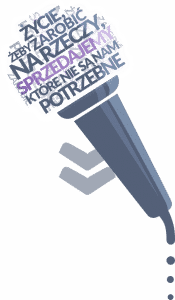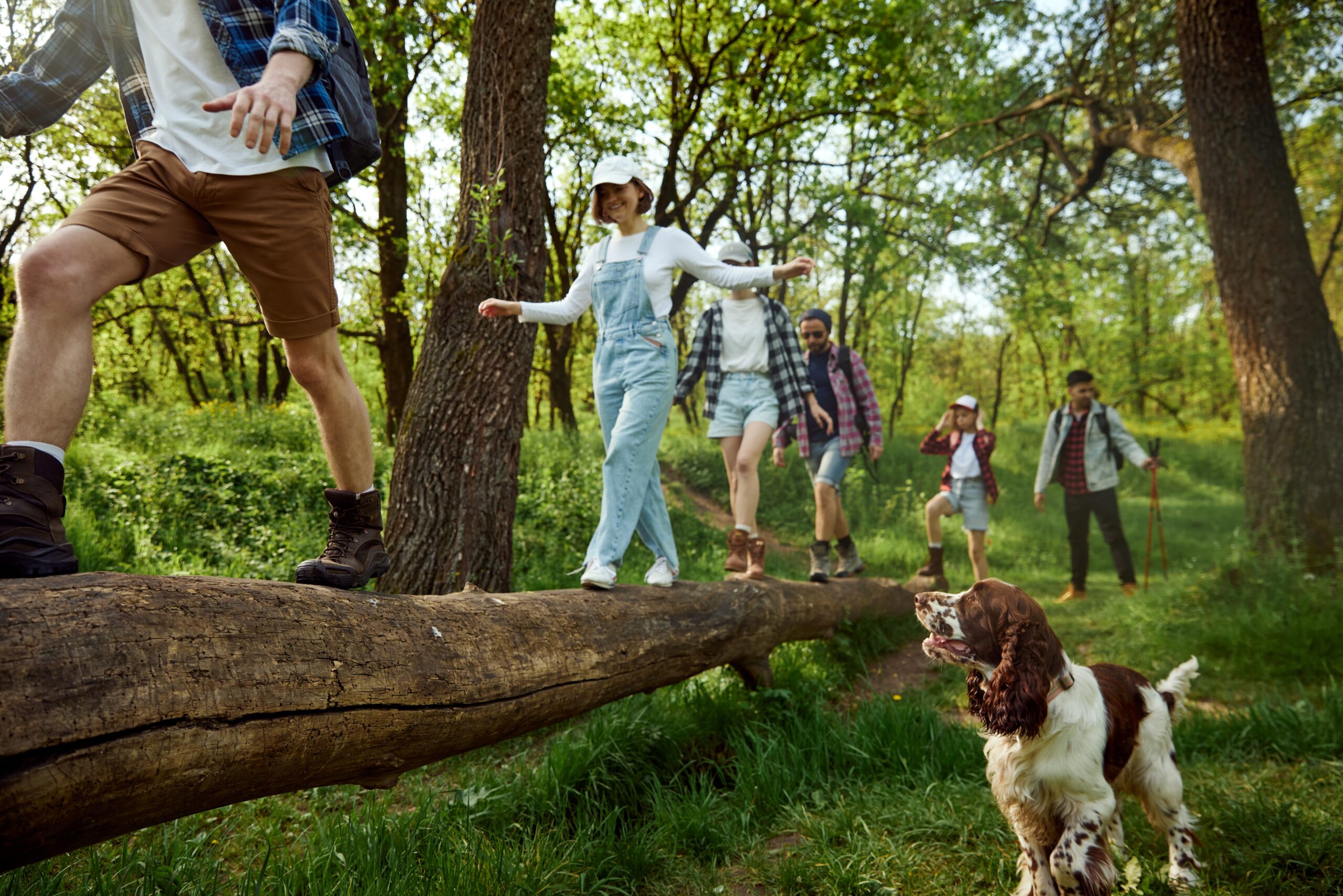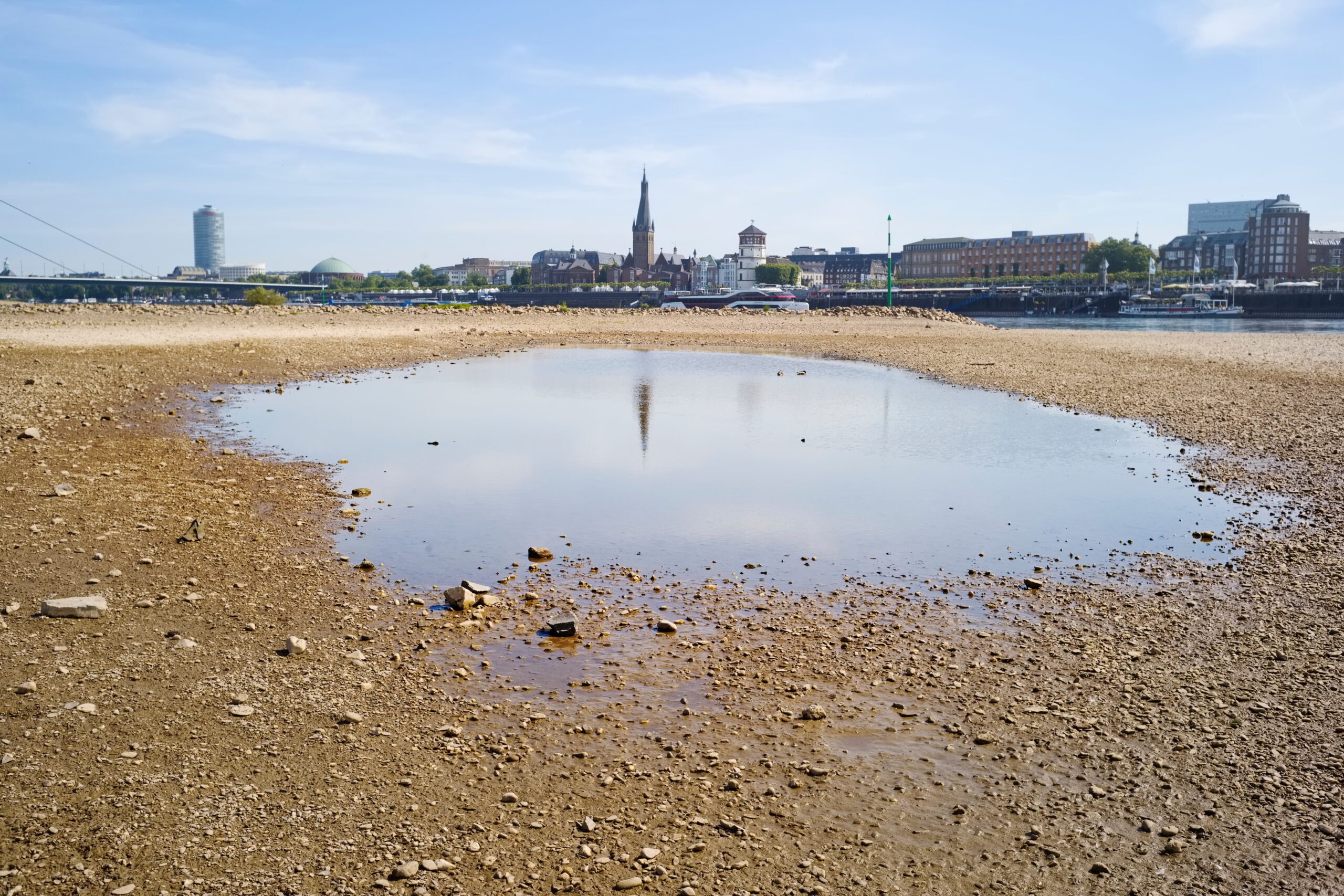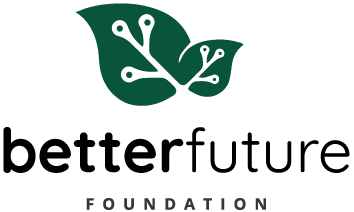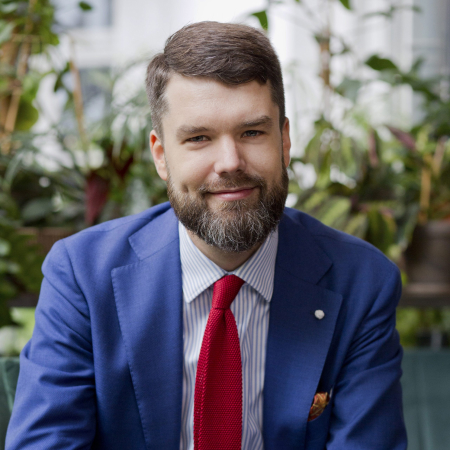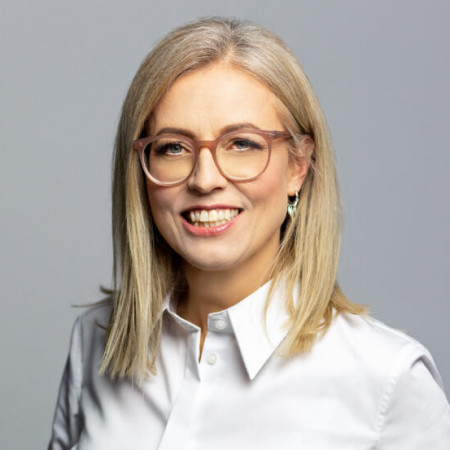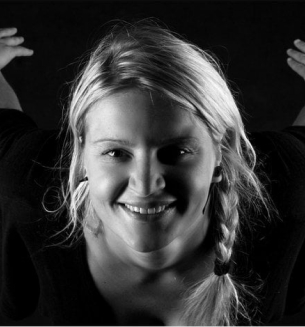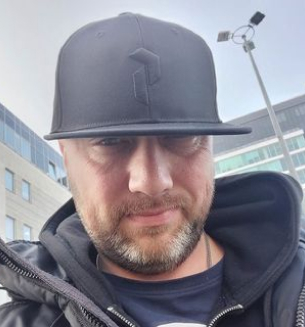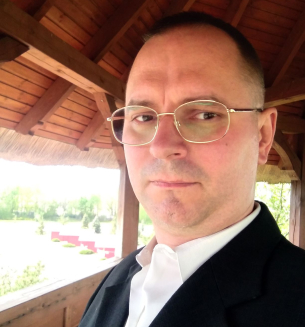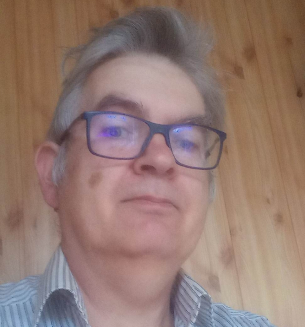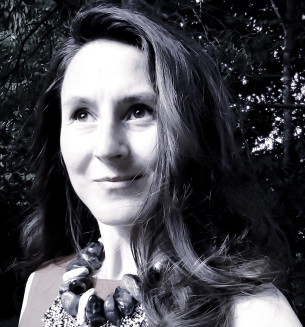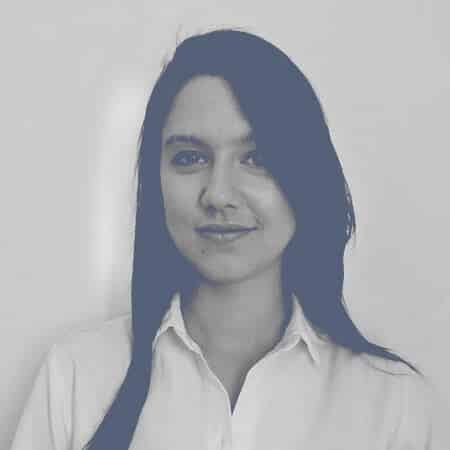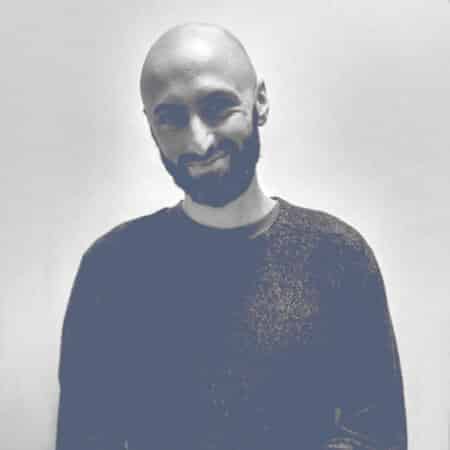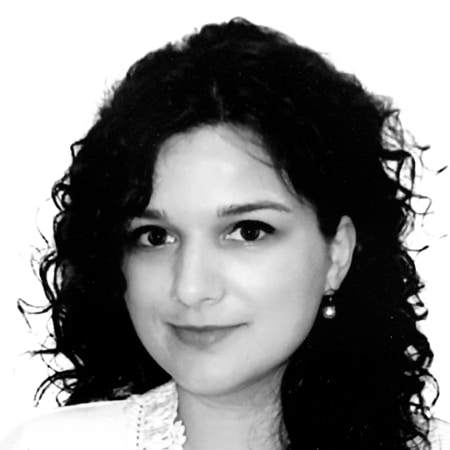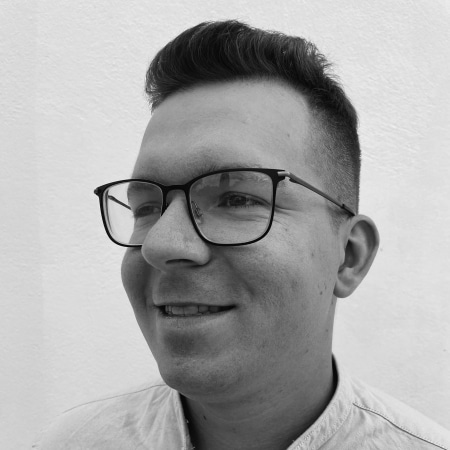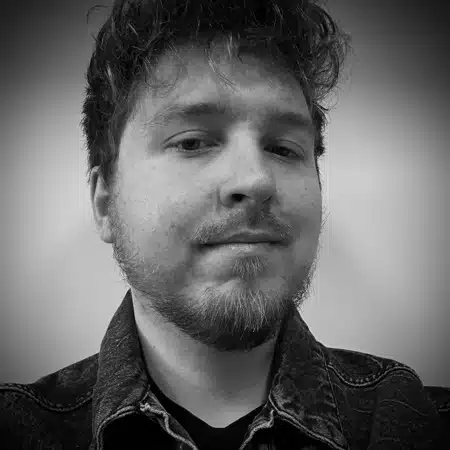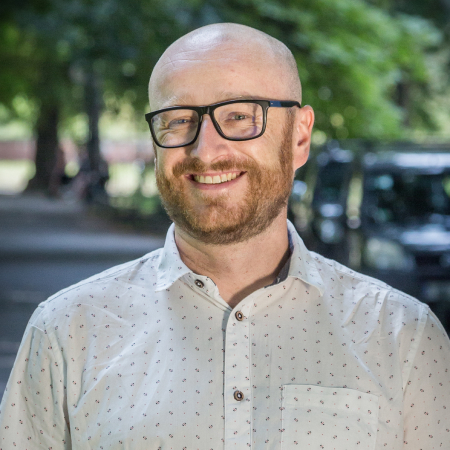When writing about climate and ecology, he combines science with spirituality. His journey around the world made him appreciate his interdependence with nature, which he writes about in his book called “Przebłysk”. – As far as climate is concerned, I myself am the main tool for improvement and if I’m a damaged tool, I’ll probably cause damage to the Earth – he says in our cycle.
What do you think of the modern world?
The history of our planet is a story of land movements, evolution and extinction of species, appearance and disappearance of life. If I were to choose when to appear on the Earth, it would be the present time because it’s fascinating. Humanity is now dancing its last dance.
So why fight at all?
I don’t think we have to fight.
So why act?
For love and because of love.
But who will I leave this love to?
Your questions assume that there must be a purpose. I don’t think I have to look for the meaning of life. Or, especially, for the meaning of love. Being here and now, honestly and authentically, is the most meaningful. I can of course support my own being with some action, taken for someone or something, to mitigate the consequences of climate crisis for instance. First, however, it’s necessary to become aware of the crisis and, with this awareness, to go through climate grief. And we can’t get stuck at any of its stages. A feeling of grief is inevitable for those who have learned the facts regarding the ongoing sixth mass extinction of species which is driven by us. We are a species.
So, when I ask myself why I should act, it’s exactly for this very moment in which I am living, because life is more than a sufficient reason. We’re hungry for sophisticated entertainment, gadgets and we’re ignoring nature at the same time. I get the impression that looking at technology as the ultimate solution to all our problems, promoting the idea of building new nuclear power stations reflect the desire to maintain the consumption at the current level, without reflecting on the fact that we’re consuming more than we need.
We got used to ignoring such an obvious fact that life is something really special and that our chances of ever appearing on this planet were really slim.
I am here, just like you, thanks to my ancestors. Every person that was here before me had to overcome diseases, epidemics, barbarian invasions, reach reproductive age and have children. These children followed the same path then. It’s been going on like that since the beginning of human kind. And here we are now.
Some people find it easier to cope with climate grief by taking action.
I perfectly understand that, I used to do the same. There are some denialists among environmental activists as well. We’ve already gone too far. Climate crisis is not coming, it’s happening now: burning peat bogs, melting glaciers, tons of plastic and concrete everywhere, nearly a billion of starving people, 40 per cent of the world’s population with no access to clean water, climate refugees. Discussions about climate change sometimes turn into a debate on greenhouse gases. Since the beginning of our civilisation we’ve annihilated 83 per cent of wild mammals and 50 per cent of plants. 60 per cent of all mammals living on the Earth now are cows and pigs, people make up 36 per cent and wild animals only 4 per cent. There are lots of other examples.
So, do you mean that you started writing about climate being fully convinced that this civilisation cannot be saved?
No, at first I believed we could make it. Three years ago I read The Sixth Extinction by Elisabeth Kolbert, but I put it away together with the overwhelming awareness. At some point I started to keep track of reports and research results, rejecting politics and focusing on science only. It blew my mind. There’s an interesting concept according to which it’s enough to activate only 3.5 per cent of the society to start a revolution and overthrow the system. Modern democracy is primarily focused on driving economic growth, doing business and consuming life, not on protecting it. In politics, economy and even in psychology, a cautious attitude towards transforming the system that recognizes individual sovereignty and encourages each of us to continuously improve the so-called quality of life can be observed.
What kind of system would be good?
A deeply ecological and interdependent system acknowledging the fact that all forms of life have equal rights: a human, a tiger, a cow, a hedgehog, a bee, a spider, a stinging nettle, a river, a hill, a wild rose or an oak tree.
According to Edward O. Wilson, a biologist and a winner of the Pullizer Prize, we should devote half the surface of the Earth to nature. Half of all the mountains, fields, meadows, forests and rivers. Not just one per cent. There is a chance in this.
The 3.5 percent theory was mentioned, for example, when referring to the climate strikes in New Zealand where so many people took to the streets. You’ve travelled through that country. What is the relationship between the state and nature there?
The Whanganui River was granted legal personhood and it’s now possible to go to court on its behalf. Here companies are legal persons, not life-giving rivers, which shows how messed up our world order is. There were no fast-food stalls or souvenir shops on the long-distance hiking trails in New Zealand. At the entrance to the park with old kauri trees it was necessary to spray your shoes first with a special disinfectant in order not to bring in something that could cause damage to the roots. A two-thousand-year-old tree is surrounded by a wooden fence that stops you from approaching to close. Some people wept standing in front of this silver-grey mighty lord of the forest. People are different there, just like in every other country, but lots of them are well aware of their dependence on the Earth. This kind of attitude is promoted, for example, by the Māori who were colonised by the white man years ago.
We’re meeting here, in your little house by the forest. You never came back to Warsaw after your journey around the world.
I talk about it in detail in my book, “Przebłysk”. Nature was the most important part of my journey and when I came back, it turned out to be indispensable. I learned from shamans in the Amazon rainforest, from the spirits of wild nature and from the massive waves hitting the volcanic rocks of the Easter Island. But when I’m talking about it, I feel flygskam (i.e. flight shame – editorial note).
How do you find living in the countryside?
The pumpkins you’re looking at grew in this soil. All organic waste is composted. The grass is not cut, left to the insects. There are hedgehogs and grass snakes living behind this shed. I’m often visited by wagtails, nuthatches, blackbirds, tits, jays. I’ve got fruit trees behind the house. The land is alive and it works with me. There’s a forest nearby and I learn a lot from it. I don’t go there only to get some fresh air or to find some peace of mind, I do it in order to meet these unique, wise beings which don’t have mouths, but which are able to speak. There’s an old pine tree which I call mum and she sometimes doesn’t have time for me, and there’s this wild cherry tree which I can almost always hug close. For people from the Western world it’s natural to love a dog, to treat him like a family member, to build a relationship with him and to cry when he dies. You can experience the same emotions with an oak tree, a stone, a river. We somehow segregate things in our heads – cats, dogs and other humans are members of our family, but a pig, a chicken or a tree, aren’t.
But all your life you didn’t even notice the pear tree that grew next to your family home.
That’s right. I’m still very ignorant about so many things. I didn’t use to appreciate the amazing nature of Szklarska Poręba, the town I come from. All I need is right beside me. For many years I used to think that nature exists for me, without realizing that I totally depend on it and that I’m part of it, just like each and every one of us.
Why do we so easily fail to notice our relationship with nature?
We worship the mind. Lots of declared atheists adhere to a philosophy that doesn’t let them recognize a living spirit in a plant, a stone, an insect. We made ourselves gods, we conquered the world and that would not have been possible without being cut off from nature. We had to abandon it in order to see what it’s like to be on top. Just look at the concretisation of our towns and cities, there’s only a park here and there, some solitary trees.
Everything seems to be made for us. Nature usually serves as a background in films and novels, it’s not the main character. When buying a bottle of water, we usually thank the shop assistant who serves us, but hardly anyone feels thankful to mother Earth, to the river, to the water which we drink.
You say we should start from ourselves, but at the same time you write that individual choices don’t matter so much.
I wrote in one of my articles that even if I had only one fabric shopping bag, a vacuum flask and if I walked everywhere without using any other means of transport, if I didn’t eat meat, didn’t use any plastic, didn’t buy new things, then my individual choices would not be enough to combat the climate crisis. What we need is a systemic solution, changes in corporations that destroy life in the name of economic growth and not in the name of their belief in a neoliberal dream. Individual choices matter, but not so much for saving the world as for showing our basic respect towards it. It does matter, after all, how I treat my mum, especially when she’s bedridden or dying. The planet is our mum and she’s suffering now. That’s a sufficient reason to make informed choices and not to think only about one’s own pleasure when doing shopping. Extinction Rebellion rightly demands climate neutrality by 2025, but in order for that to happen a revolution needs to be brought about in our personal lives and in the system.
Are media good at covering climate change?
In most cases they are not I’m afraid, but it’s getting a bit better. There are media which don’t only write about climate, but they also bring up other issues in the context of climate. Looking at the front pages of the most popular newspapers and magazines it can be concluded that humans are the most important, not humans and nature. Why do I have to look for information on my own, digging through scientific reports? Why am I not updated on how much ice has already melted, on the current status of gas emissions, on which countries have opted for renewable energy sources, on what is being done to protect the endangered species?
Politicians keep confusing the concepts of weather, smog and climate. And journalists are just giving us what we want, satisfying the demand we’ve created ourselves – the demand for violence, gossip, haste. A bloody story about a car accident – oh yeah; a story about oak trees and the Vistula Spit – not really.
Most media are now spreading this frightening message of the world coming to an end, what do you think about that?
Fear is not the most powerful tool for change. Love is more powerful. We can change our lives when we really love someone. Then we are ready for anything: we don’t have to eat, sleep, we can move somewhere. When people find real love, they don’t want to let it go. I don’t only try to write about the crisis, but also to talk about nature in such a way that we feel closer to it. In the series of articles (called “Plant Visions” and published in the Przekrój magazine), I write about one plant every month: black elder, St. John’s wort, ayahuasca, cistus, iboga, liberty cap and others. I describe their properties and medical application on the basis of the available scientific data, I also let myself create a kind of legend around each plant drawing on the old folk tales. If someone finds love in nature, not only will they not abandon it, but they will also understand that by protecting nature, they’re protecting themselves and their loved ones. We are the nature that we want to protect.
